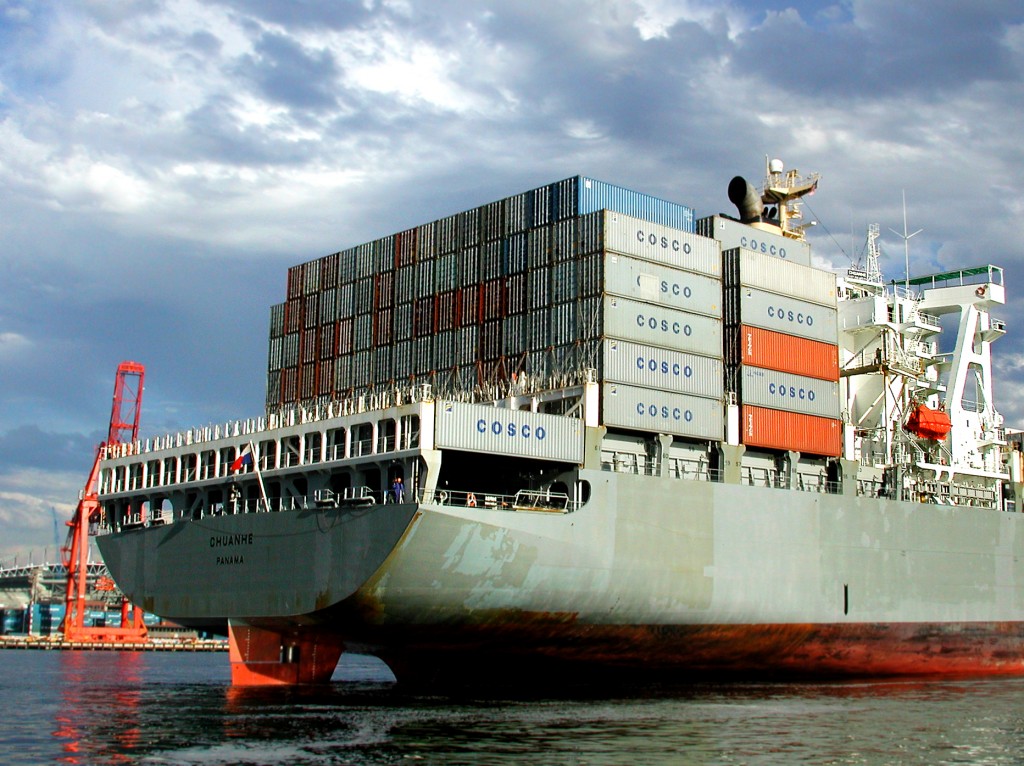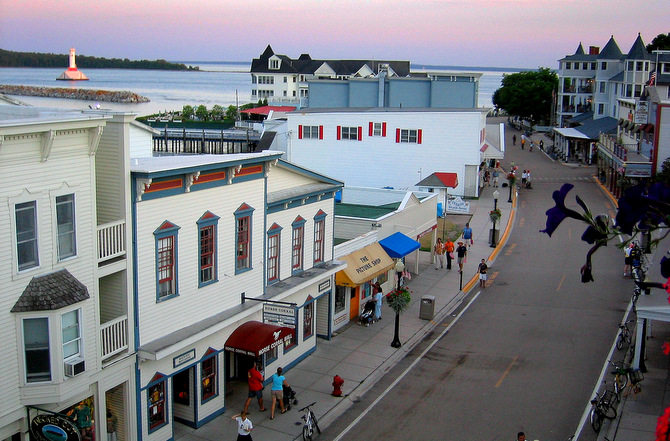![]() The South China Sea, Black Sea, the British Isles and east Mediterranean are only some of the world’s most iconic oceans at the most risk from shipping accidents. This is the key finding from the report Accidents At Sea released by WWF for World Oceans Day.
The South China Sea, Black Sea, the British Isles and east Mediterranean are only some of the world’s most iconic oceans at the most risk from shipping accidents. This is the key finding from the report Accidents At Sea released by WWF for World Oceans Day.
The risk of environmental damage is directly linked to the amount and type of dangerous substances being transported as well as the sensitivity of the marine area where maritime accidents could occur. Equally important is the impact on the livelihoods and food security of millions of people relying on the resources of the marine areas.
Dr Simon Walmsley, Marine Manager of WWF International, said “Since 1999 there have been 293 shipping accidents in the South China Sea and east Indies, home of the Coral Triangle and 76 per cent of the world’s coral species.”
Both fishing vessels and cargo ships are heavily implicated in shipping accidents in the marine areas, at 25% and over 40% of total vessels lost at sea respectively. According to the report, the greatest probability of a maritime accident taking place is when all the following factors converge:
- Key hotspot locations – Southeast Asia, particularly the Coral Triangle, the east Mediterranean and Black Sea, North Sea and British Isles
- Vessels over 10 years old
- Poorly performing flag states
- Being a general cargo or fishing vessel
– Accidents at Sea by WWF
Administrative complexities and economic factors also impact shipping safety standards in several ways. Flag states with unsound records in maritime safety performance tend to back off from conventions so as not to submit under regulations. Ships that hustle from port to port to minimize turn-around time and employ a minimum number of officers and crew also increase its risks of a maritime accident.
WWF released an infographic in conjunction with the report.
Dr. Walmsley added, “We really want to see the shipping industry promote greater owner and operator responsibility and encourage owners to register with better flag states, the country which a vessel is registered to.”
“Additionally, irresponsible and badly performing owners and countries need to be exposed in order to motivate them to significantly increase their standards which will decrease the number of accidents we see still occurring today.”
An increase is projected for the global fleet including fishing vessels and cargo ships in coming years. Routine operations in highly risky areas are most likely as is the probability of accidents and severity of impacts. Unless precautionary measures and improved regulation are implemented to address identifiable risk factors, sensitive marine areas continue to be at risk.





Leave a Comment